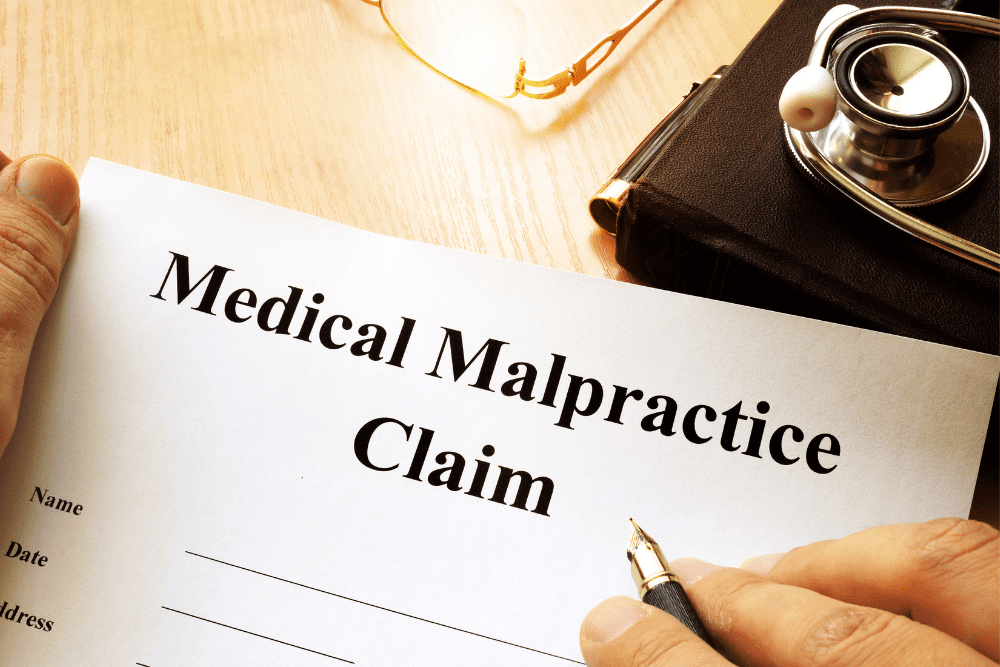You trust your doctor with your life. So discovering that the medical professional you trusted wasn’t actually qualified after the fact can be quite a scary surprise. If you don’t think this could happen to you, you may be surprised again.
Recent investigations in Florida revealed that as many as 1000 medical doctors statewide treated patients when they were not fully licensed. Some patients died in their care.
It’s suspected that the care they provided was not to the proper standards. Deeper investigations found that these doctors were practicing on temporary licenses. These licenses allowed them to practice based on their certification in another U.S. jurisdiction – but not Florida specifically.
If you or someone you love has been hurt by one of these doctors, what can you do? Read on to find out more about Florida’s medical malpractice law to help you understand if you may have a case.
Florida Medical Malpractice Laws
Several laws apply to cases of medical malpractice in Florida. They include:
Statute of Limitations
In Florida, you must file a lawsuit within a certain time window after malpractice. In general, you have two years, but the start varies. It’s either the date of the treatment or the date it becomes apparent (or should have become apparent) that you have a medical malpractice case.
Statute of Repose
The statute of repose defines the maximum amount of time you have to file, regardless of when you discovered the malpractice. In Florida, you have four years to bring a lawsuit for medical malpractice. So, for example, if you were not aware of the malpractice for five years after it occurred, you can no longer file a lawsuit.
There are some exceptions to this statute. The first involves intentional misrepresentation, fraud, or concealment. If this is true, you have at least seven years to bring a lawsuit forward. The second involves a victim who was a very young minor at the time of the malpractice. You have until the child reaches eight years of age to file a malpractice suit.
Notice of Intent to Sue
Before you can file a medical malpractice lawsuit, you must first give notice to all the defendants in the case that you intend to sue. It must be delivered via certified mail and include a return receipt. The notice itself must contain specific information about the lawsuit. You cannot file a lawsuit if you do not provide this notice.
Waiting Period
After you have provided the Notice of Intent to Sue, a 90 day waiting period ensues. This gives defendants the chance to investigate the matter on their own terms.
Informed Consent
At a doctor’s visit, you often provide informed consent before treatment commences. If later you intend to sue that doctor, you must demonstrate one of the following:
- They did not adequately describe the procedure.
- They did not explain the risks or hazards associated with the treatment.
- They did not explain any acceptable medical alternatives to the treatments.
Medical malpractice lawsuits can be tricky, but you may deserve compensation. Understanding the process is the first step to decide if it’s the right course of action for you.
About the Author:
Andrew Winston is a partner at the personal injury law firm of Winston Law. For over 20 years, he has successfully represented countless people in all kinds of personal injury cases, with a particular focus on child injury, legal malpractice, and premises liability. He has been recognized for excellence in the representation of injured clients by admission to the Million Dollar Advocates Forum, and named one of America’s Top 100 High-Stakes Litigators. Mr. Winston is AV Preeminent Rated by the Martindale-Hubbell Law Directory, enjoys a 10.0 rating by AVVO as a Top Personal Injury Attorney, has been selected as a Florida “SuperLawyer” from 2011-2020 – an honor reserved for the top 5% of lawyers in the state – was voted to Florida Trend’s ”Legal Elite,” recognized by Expertise as one of the 20 Best Fort Lauderdale personal injury attorneys, named one of the Top 100 Lawyers in the Miami area for 2015-2017, and one of the Top 100 Lawyers in Florida for 2015-2017 and 2019.
 Four Must-Have Policies for Property Damage in Florida
Four Must-Have Policies for Property Damage in Florida 

















